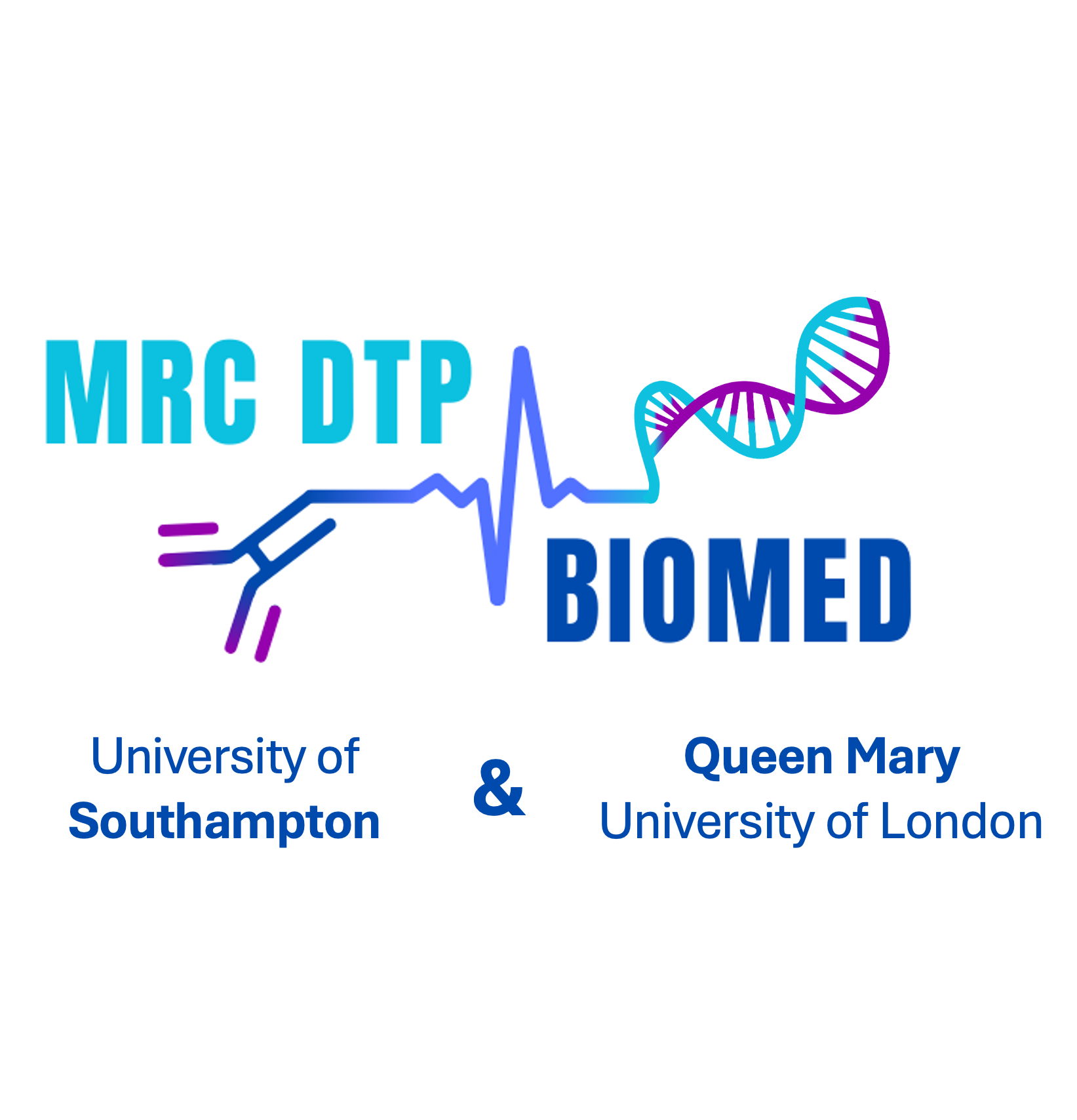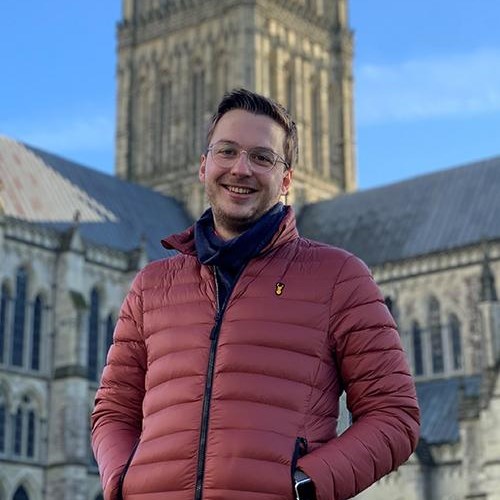
Immunity and Infection Pathway
What did you choose as your PhD project? My PhD project is ‘investigating the cross-talk between structural and immune components of human skin to understand pathogen sensing in cutaneous health and inflammation.’ Deconvolution of the cutaneous transcriptome from healthy and inflammatory skin conditions to investigate host expression in response to altered immune and microbial contexts. We aim to use single-cell RNAseq of reconstituted epidermis models to identify bacterial responses in keratinocytes to understand mechanisms underlying atopic dermatitis and psoriasis arising from host-microbiome dysbiosis and cutaneous inflammation.
I chose this project because of the computational biology aspect allowing me to further develop my bioinformatics skills and generating my own data in the wet lab. I really enjoyed working with the Systems Immunology Group for two of my rotations where I developed a keen enthusiasm for skin biology and bioinformatics, and had some fun along the way!
What skills have you developed so far? My undergrad background was molecular microbiology so my PhD project has really given me the opportunity to add human tissue culture such as developing reconstituted epidermal models and host-microbe co-cultures, and bioinformatics skills, such as coding, standard bulk and single-cell sequencing pipelines, and machine learning to my CV.
Do you have any publications?
Clayton K, Vallejo AF, Sirvent S, Davies J, Porter G, Lim FL, Ardern-Jones M, Polak ME. (2019) Machine learning applied to atopic dermatitis transcriptome reveals distinct therapy dependent modification of the keratinocyte immunophenotype. MedRxiv
Clayton K, Vallejo AF, Davies J, Sirvent S, Polak ME. (2017) Langerhans Cells-Programmed by the Epidermis.Frontiers in Immunology 8:1676. Review
Clayton K, Polak ME, Woelk CH, Elkington P. (2017) Gene Expression Signatures in Tuberculosis Have Greater Overlap with Autoimmune Diseases Than with Infectious Diseases. American Journal of Respiratory and Critical Care Medicine 196(5):655-656
Have you attended, presented a poster or spoken at any conferences? In 2017 I attended the Wessex Immunology Group Annual Conference (short talk presented); Faculty of Medicine Conference (poster presented). In 2018 I attended the British Society for Investigative Dermatology (poster presented); Faculty of Medicine Conference (poster presented); Wessex Immunology Group Annual Conference (short talk presented); Unilever Microbiology Symposium (short talk presented). In 2019 I attended the British Society for Investigative Dermatology (talk presented); Faculty of Medicine Conference (talk presented).
How have you found your overall experience of the programme so far? I have really enjoyed my PhD, which I think is mainly down to choosing to do a DTP with an MRes at the start. This allowed me to get a feel for different research projects and groups, where I could develop a project with a PI and group I knew I would enjoy working with. Doing bioinformatics was really out of my comfort zone at the start but I have developed an exciting project with some good results and useful skills that should come in handy for a career in research!

Immunity and Infection Pathway
What rotations did you undertake in your first year?
My PhD comprises studies of human lung disease. For my first rotation project, I investigated the effect of double-stranded RNA on extracellular matrix deposition in an in vitro virus infection model of the airway mucosa. I chose this project as I was able to learn multiple wet lab techniques including human cell culture, transepithelial resistance, western blot, ELISA and immunofluorescence microscopy. I presented this project as a poster discussion (2-minute talk followed by poster presentation) at the end of Year 1 when I attended my first international conference, European Respiratory Society (ERS) International Congress 2017, in Paris, France. I received the ERS Young Scientist Award for outstanding submitted written abstract, which included free registration and €600 to cover travel and accommodation.
I chose to do a bioinformatics-based second rotation project, where I analysed the transcriptomic and epigenetic cytokine production by human skin Langerhans cells. I was able to utilise and further develop the bioinformatics skills I learned from the Quantitative Cell Biology module.
Following this, I knew I wanted my PhD to have elements of both wet lab techniques and bioinformatics in airway disease. I then decided to do my third rotation project on a subject that would then lead on to my PhD project. My third rotation project and PhD investigates the global response of mast cells by RNA sequencing. I was able to use my wet lab techniques to optimise the conditions for preparing the samples and studying mast cell responses. I am looking forward to using my bioinformatics skills to analyse the data from RNA sequencing.
My PhD project is entitled: Role of IL-33 on human mast cell responses to rhinovirus infection in asthma.
Have you attended, presented a poster or spoken at any conferences? I attended the European Respiratory Society (ERS) International Congress in Paris, France – 2017. I won an ERS Young Scientist Award for outstanding submitted written abstract.
I have presented a poster of my PhD at the ERS Lung Science Conference 2018 in Estoril, Portugal. I received an ERS travel bursary award for my submitted abstract to present in Portugal. The award included free registration, €600 and a mentorship lunch at the conference. I attended the European Mast Cell and Basophil Research Network (EMBRN) 2019 meeting in Uppsala, Sweden. I used my MRC conference allowance, along with €300 I won from the Biolegend’s junior investigator travel award.
How have you found your overall experience of the programme so far? Overall, the integrated PhD programme has given me plenty of support in my training and has helped to develop my skills. The opportunity to do an oral presentation in front of my peers at the Integrated PhD Away Day from year one has helped me to gain confidence in my communication skills. I found the Quantitative Cell Biology module extremely helpful as it allowed me to incorporate the bioinformatics skills into my PhD. Furthermore, I was able to attend career events and MRC seminars, which have been informative and enjoyable experiences.
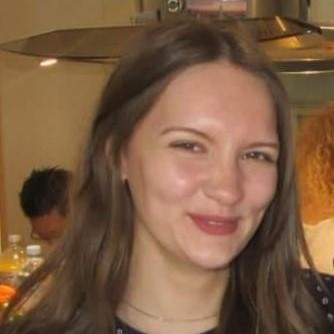
Cancer Inflammation and Immunology
How did you choose your PhD project? I spent my third rotation in Sarah McClelland’s research group and have chosen to continue this project as my PhD, entitled ‘Development of a system to induce specific monosomies.’ Our lab works on the underlying biology of the highly disrupted genomes of cancer, focussing on how huge alterations in chromosome structure and number are acquired and tolerated. When progressing from the MRes to the PhD, and choosing which lab to return to, I was looking for a group with a strong publishing record, expertise in techniques I was keen to learn, with projects spanning fundamental cell biology to translational work. For me, the McClelland group not only offered this, but also offered a project which I find interesting and am excited to work on, within a great team.
What skills did you develop during the rotations? Through the rotations, I developed varied lab skills from western blotting, cell culture, immunohistochemistry, molecular biology, microscopy, and experience with CRISPR/Cas9 systems. To complement this, the course is structured such that the taught modules run in parallel to rotations to give a core foundation in the theory of research methods and also computational biology. For me, the content on bioinformatics has been invaluable.
Do you have any publications? I have contributed to two review/comment publications during my PhD: Watching cancer cells evolve through chromosomal instability. Nature (2019) 570(7760):166-167. PMID: 31182831; The emerging links between chromosomal instability (CIN), metastasis, inflammation and tumour immunity. Molecular Cytogenetics (2019) 12: 17. PMID: 31114634
Have you attended, presented a poster or spoken at any conferences? At the beginning of my final year, I got the opportunity to travel to Paris for a conference where I gave a talk presenting my PhD work. This was made possible by a BCI travel bursary covering all expenses.
Do you have any additional comments about your overall experience? My experience of the course has been excellent throughout. The collaborative nature of the course between the two universities offers unique opportunities to benefit from expertise from leading researchers at both Queen Mary and Southampton. Then the course itself is structured so that the MRes gives you a strong foundation which sets you up in the best way to excel in your PhD research, both from the taught modules and your rotation projects which expose you to a wider set of laboratory techniques and put your research in context of the field. To anyone considering a PhD, I would 100% recommend this course.
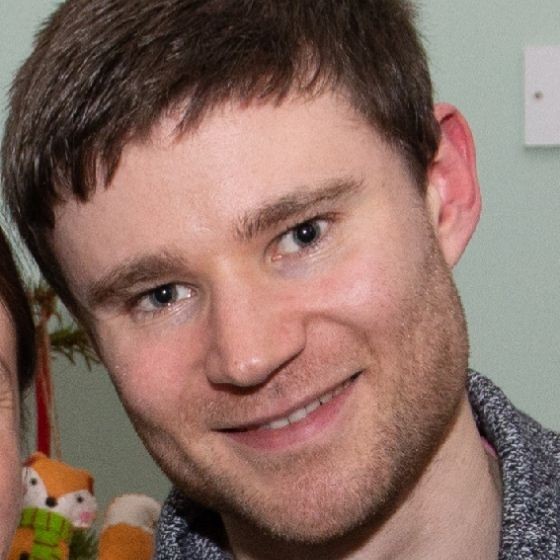
Centre for Cancer Immunology
About me: After graduating from my BSc in Biomedical Science, I spent a couple of years working as a technician in the NHS to build up my confidence in the lab, before applying to Southampton. I knew I was interested in cancer immunology, but little more than that. Despite having no bioinformatic background, I also want to move into a career involving bioinformatics, so I have been learning by doing during my PhD. Now I have established myself as my group’s go-to Bioinformatician, constantly improving my skills through real-life problem solving.
What is your PhD project and how did you choose it? My project is to identify novel cancer vaccine targets, which can be utilised in an oral cancer vaccine. I wasn’t sure what sort of project I’d work on when I started, but during the initial iPhD lab rotations I found a particular interest in cancer vaccines, and identified an approach I could take to employ bioinformatics to contribute to an ongoing project.
What skills have you learnt so far? Bioinformatics mostly, including all sorts of big data processing and analysis. I’ve also become a very confident presenter, happily speaking to groups and crowds about my work and my field. My science writing is markedly better than when I began, I can comprehend far more from fields both familiar and novel than before, and I’ve learned to work independently, forming my own ideas and acting upon them. A bit of everything really.
How did you find the mathematic/computational component of the DTP? The Quantitative Biology module at the University of Southampton was a good training in the basics of bioinformatics and data analysis. It sparked my interest and increased my confidence to steer my PhD studies into mathematical and computational biology, as an independent scientist.
What have you enjoyed most and least about your experience so far? Academic freedom has been amazing for me. Being free to create my own questions, and find my own way of answering them, is incredibly satisfying. On the flip side of that though, my least favourite part is the inevitable dead ends. When you spend weeks if not months working on an experiment only to find nothing of any value. It’s frustrating, but you just have to accept it as unavoidable.
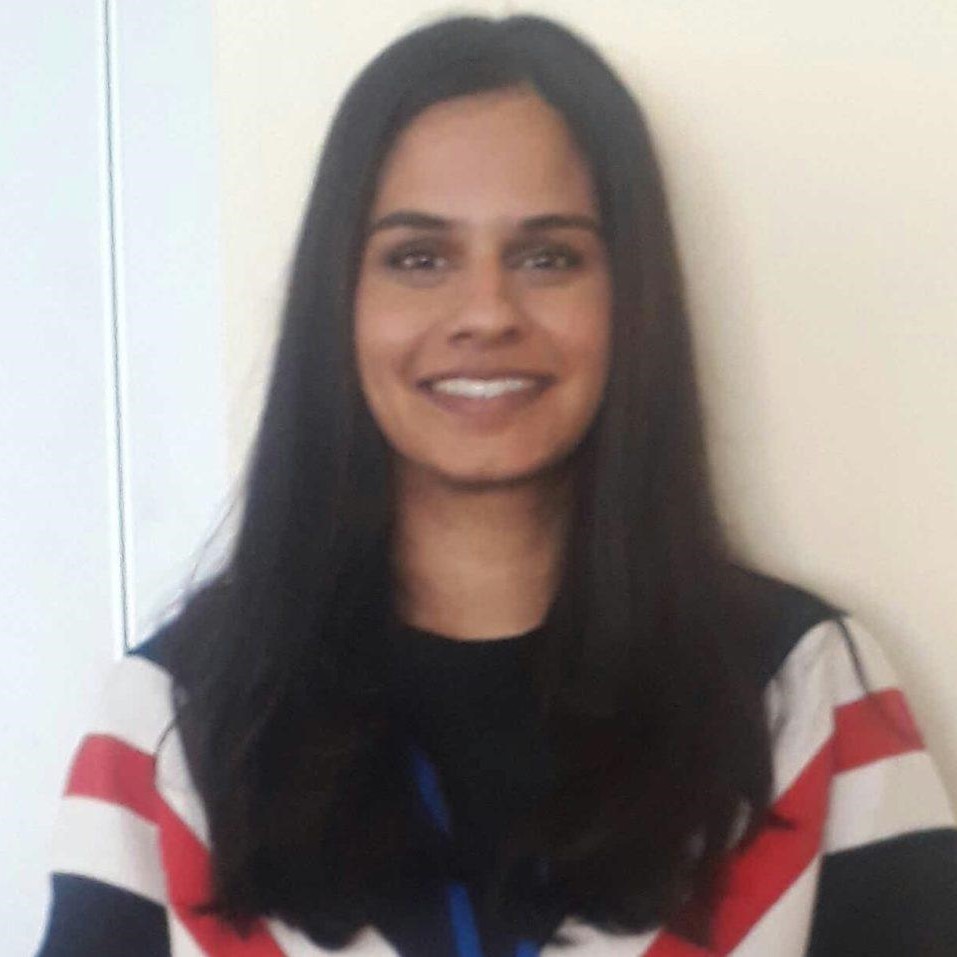
Cancer Inflammation and Immunology
What is your PhD project and how did you choose it? I chose to continue my third rotation- “Identification and interpretation of pathogenic noncoding mutations in pancreatic cancer”- as my PhD project. I am currently using bioinformatics to look at publicly available ChiP-seq and matching RNA-seq data to find hotspots of pathogenic non-coding mutations in active gene regulatory regions. Not only is this a subject area I am very interested in, the PhD also involves learning new bioinformatics and laboratory techniques that I have not used before and will be useful in the future.
How did you find the mathematic/computational component of the DTP? The mathematic/computational component of the DTP programme and taking bioinformatics rotations has definitely helped me with the bioinformatics part of my PhD project.
Do you have any publications? I have contributed to two publications during my PhD: The Identification and Interpretation of cis-Regulatory Noncoding Mutations in Cancer (Review). High-Throughput (2018) 8(1). PMID: 30577431; Signatures of inflammation and impending multiple organ dysfunction in the hyperacute phase of trauma: A prospective cohort study. PLOS Medicine (2017) 15, 10. e1002694. PMID: 28715416
Have you attended, presented a poster or spoken at any conferences? I attended the National Cancer Research Institute conference in November 2018. I presented a poster at the Somatic Evolution and Tumour Microenvironment Symposium at the Francis Crick Institute on 2nd Dec 2019.
Did you carry out any additional training? I attended a course in Python programming language in October 2017.
What have you enjoyed the most and the least about your experience? Overall I’ve enjoyed the varied experience I have gained rotating through three different laboratories and meeting new people. I have least enjoyed presenting my work, however, this is necessary and good experience.
The DTP and PhD has been enjoyable and challenging. I have learnt/developed many transferable skills and new laboratory techniques with the support of my supervisors and fellow colleagues.
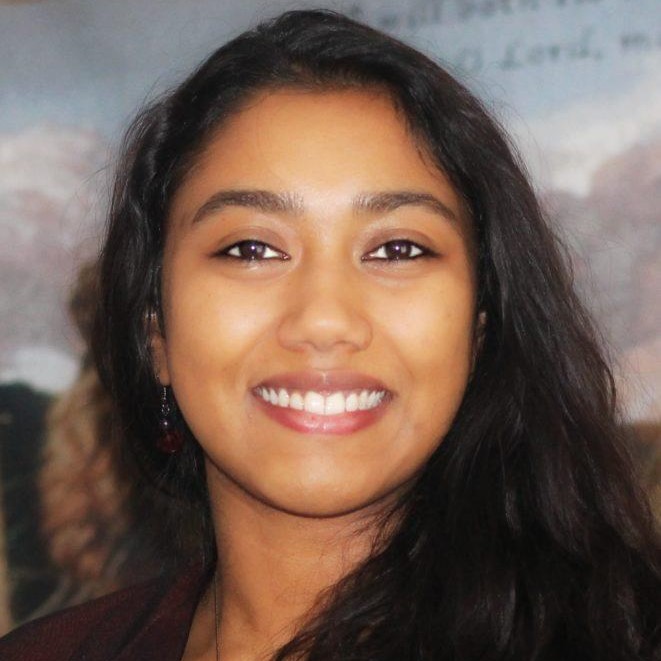
Centre for Cancer Immunology
About me: I did my undergraduate degree at Queen Mary in Medical Genetics. I decided to apply for the Southampton MRC DTP Cancer Pathway, as I thoroughly enjoyed the immunology and cancer biology modules that were offered on my undergraduate course, and was intrigued by the field of cancer immunotherapy.
What is your PhD project and how did you choose it? My PhD project is entitled ‘Vaccine Strategies to Target the Cancer Mutanome’ and it explores how tumour-specific mutations can be exploited to develop more effective vaccine-based immunotherapeutic strategies. I chose to continue my first lab rotation for my PhD as I found the team supportive, the project fascinating and liked the balance between the dry and wet lab work involved.
What skills have you developed so far? I have learnt a variety of skills so far – molecular biology, PCR, tissue culture, epitope prediction, ELISpot, in vivo work, DNA and RNA transfections, nuclofection and FACS, basic bioinformatics and understanding of genomics and transcriptomics data, basic understanding of R, in vitro mRNA synthesis. In the future I hope to develop a better understanding of genomics and transcriptomics analysis and tumour dissociation. I have had some additional training on immunology and using the high performance computing system at Southampton.
How did you find the mathematic/computational component of the DTP? The computational component on the DTP has been very valuable. It has given me a greater understanding of large data sets. I have also had the opportunity to familiarise myself with various packages on R, which I am using in my PhD. This experience was extremely useful in introducing me to coding, and analysing genomics, transcriptomics and proteomics data. It was also extremely useful in helping me understand when to use various statistical tests.
Have you attended, presented a poster or spoken at any conferences? I have attended a variety of conferences throughout my time on the programme. I have delivered poster presentations at these conferences, including at the Southampton Medical and Health Research Conference (2017), the Cancer Sciences Unit Conference, the 2nd Annual Next-Gen Immuno-Oncology Congress and the Southampton Medical and Health Research Conference. I gave an oral presentation on Targeting mutanome in multiple myeloma at the 11th Cancer sciences Unit Conference. I won the prize for Best Poster at the Wessex Immunology Group Annual Spring Meeting in 2017.
Have you won any other awards? I was awarded Third Place at the Faculty of Medicine 3 Minute Thesis in 2019. I have also won an internship by the Academy of Medical Sciences to work with the UKRI Medical Research Council Policy Team.
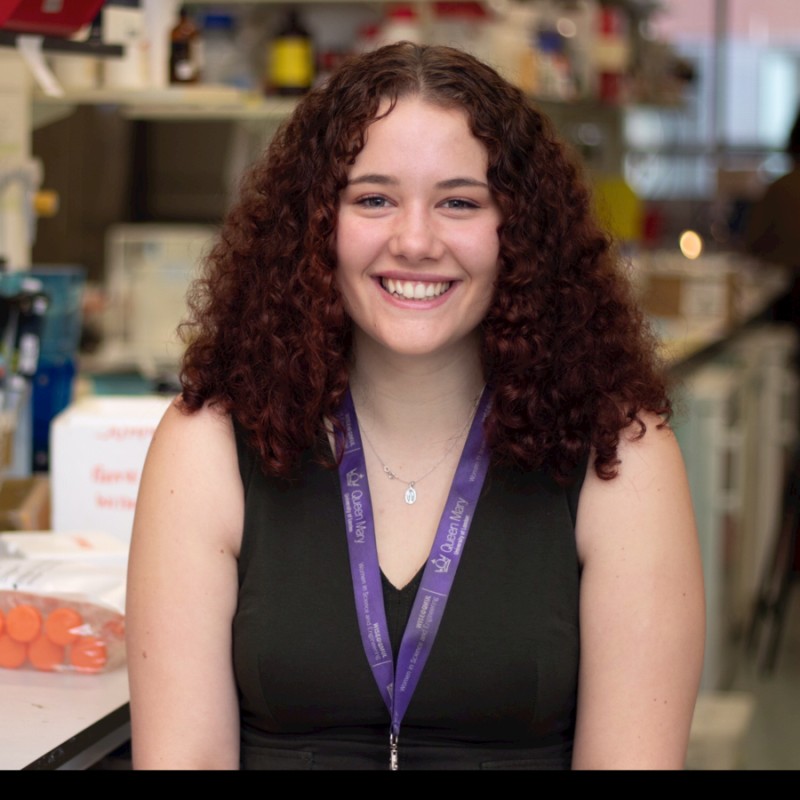
Cancer Inflammation and Immunology
What is your PhD project and how did you choose it? I continued with my third rotation for my PhD, entitled “Role of oncofetal glycosaminoglycans (OFGAG) for the immune privilege of pancreatic cancer,” which looked at developing a new CAR-T cell for the treatment of pancreatic cancer. During the rotation I isolated primary human T cells from blood, performed PCR and lots of molecular biology to clone the constructs into a plasmid and performed cytotoxicity assays.
It was really hard for me to choose as I enjoyed all of my projects, but I chose this one because I am really interested in CAR-T cell therapy and liked the translational theme of the project.
How did you find the mathematic/computational component of the DTP? I think the bioinformatics part of the course was really valuable to me as it has allowed me to have a better understanding of what is possible to find from large data sets that already exist. Using the skills I have developed, I have been able to do some work independently and I hope to develop my skills further to incorporate more bioinformatics into my project in the future.
Do you have any publications? Pancreatic Cancer UK Grand Challenge: Developments and challenges for effective CAR T cell therapy for pancreatic ductal adenocarcinoma. Pancreatology (2020) pii: S1424-3903(20)30042-9. PMID: 32173257; A Day in the Life: 6 Cancer Researchers in 6 Different Countries; Standing up for Science – A Voice of Young Science Workshop.
Have you attended, presented a poster or spoken at any conferences/meetings? I was selected to attend a Voice of the Future event as a member of the Biochemical Society where I was part of a televised question time style interview of members of a Government Select Committee (13th March 2018). I attended an Art and Science workshop held by the biochemistry society in collaboration with UAL (27th March 2018). I presented a poster at the London Pancreas Workshop in May 2018. I presented a poster at the BACR student conference in November 2018. I was invited to a Stand up for Science workshop in Manchester about science policy (April 2018). I am also a STEM ambassador and volunteer at the Centre of the Cell, working with school children learning about science.
Have you completed any additional training? I have got a Home office licence and I have completed phlebotomy training.
What have you enjoyed the most and the least about your experience so far? My experience of the DTP program has been really positive, I have met a lot of really great people and been allowed to develop a wide range of skills. I have really enjoyed the extra courses and teaching provided by the course, for example the media training day. One of the less enjoyable parts of the course was the first term when we had a lot of coursework and teaching in combination with the lab project, which made planning your time difficult. Overall I’m really happy I chose the DTP program at Barts and I am loving my PhD.
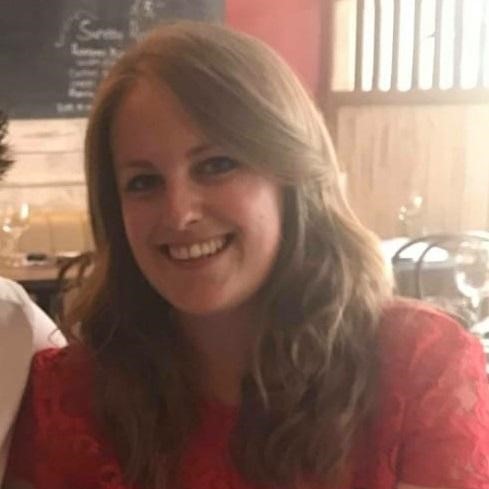
Immunity and Infection Pathway
About me: I initially studied Biology at Aberystwyth University and really enjoyed the immunology and microbiology modules, realising that immunity and infection was the field that really captured my interest. Time spent in the lab for my dissertation project really showed me that I loved doing research, so I decided to pursue a PhD, which led me to the MRes PhD at Southampton University.
What is your PhD project and how did you choose it? My PhD project is ‘Investigating Host Pathogen Interactions in the Asthmatic Airway.’ This project was extremely appealing to me as it encompasses both fields of Infection and Immunity, which are where my interests lie. Southampton is renowned for both respiratory and translational research, which is of course important as at the end of the day, our research aims to improve patient outcomes and quality of life.
What skills have you developed so far? During this PhD I have developed a variety of laboratory techniques including primary human and bacterial cell culture, in vitro infection assays, flow cytometry, qPCR, FISH, ELISA, gentamicin protection assays and cell cytotoxicity/proliferation assays. I have also been able to build on the skills learnt during the computational taught module by analysing a RNASeq data set that I generated as part of my project.
Have you undertaken any additional training? I have had additional training on IRIDIS, the University of Southampton high performance computing system, which is required for analysis of large data sets.
How did you find the mathematic/computational component of the DTP? The computational component introduced me to big data sets and the different ways of analysing such data. This was incredibly useful as a huge component of my PhD was to generate and analyse an RNASeq data set.
Have you attended, presented a poster or spoken at any conferences? I have attended several internal and external conferences, most recently including: the ERS Lung Science Conference, Estoril, Portugal (March 2019) and the Southampton Medical & Health Research Conference, Southampton (June 2019) where I gave thematic poster presentations; and the ERS International Congress, Madrid, Spain (October 2019) where I gave a poster discussion presentation. I won the British Association for Lung Research (BALR) travel award twice to attend the ERS International Congress in 2017 and 2019.
Have you won any prizes for your presentations? I won the ‘Best Poster Presentation’ Prize at the Southampton MedConf 2019 and ‘Outstanding Poster Prize’ at the Network for Anti-Microbial Resistance and Infection Prevention festival 2019.
What have you enjoyed the most and the least about your experience so far? I have really enjoyed the opportunity to develop my skills as a scientist through a combination of the lab rotations, taught modules and additional training courses provided by the IPhD programme. The nature of the IPhD also allows you to be able to interact with your cohort and other research groups, which helps you to establish a professional network that is crucial going forward in your scientific career. In addition, the IPhD Away Days give an excellent opportunity for all students to present in a safe and friendly environment, which allows you to see the breadth of research your fellow students are undertaking.
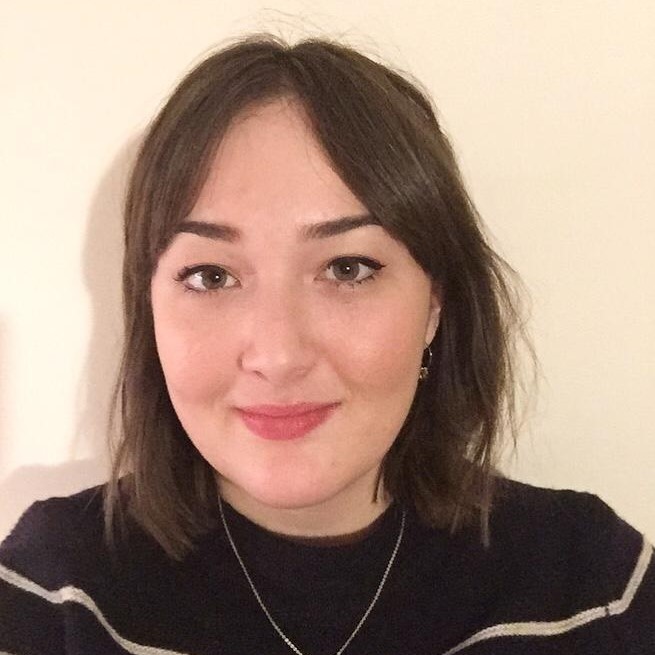
Cancer Inflammation and Immunology
About me: Before commencing the MRC-DTP course I obtained my undergraduate degree in Biomedical Science from Oxford Brookes, a Masters in Cancer Therapeutics here at Barts and spent two years working as a researcher in the Institute of Cancer Research, London.
What is your PhD project and how did you choose it? I chose to continue my final rotation in Molecular Oncology at BCI in the Martin lab as my PhD project. In this project, we aimed to establish the precise impact of DNA repair loss and DNA damage on PD-L1 expression and ultimately sensitivity to immune checkpoint inhibitors, and how this can be exploited therapeutically. I chose this particular project not only because I am fascinated by the research, but also because I felt like I would work well within the supportive and knowledgeable team and within a diverse and friendly large department.
What skills have you learnt so far? I have developed many skills throughout my MRes rotational year, which I would not have otherwise gained. New skills include InCell imaging, cloning, FACS and Flow Cytometry, Confocal Microscopy, tumour digestion and establishing primary cell cultures. I also have built upon existing skills and have had the opportunity to share these with members of my teams.
As my PhD unfolds I will gain more experience, namely in Mass Spectrometry. I also have had the privilege of gaining a sponsored CASE studentship from Astra Zeneca, who are interested in developing my project, providing me with the opportunity to work with them alongside the BCI.
Have you attended, presented a poster or spoken at any conferences? I recently attended the Gordon Research Conference on DNA damage, mutation and cancer in Ventura, California USA. I presented a poster titled: ‘Identification of DNA mismatch repair mutational signatures that predict response to immune checkpoint blockade.’ I’m also attending an EACR conference on DNA damage responses and cancer in Cambridge in April 2020, where I’m also presenting my poster.
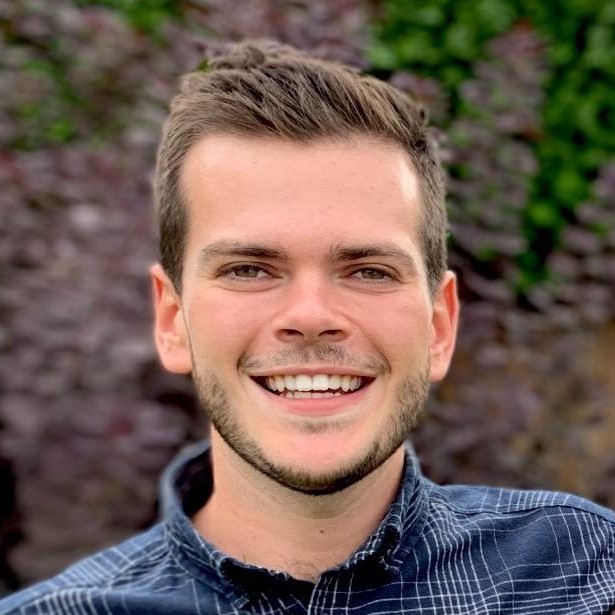
Immunity and Infection Pathway
What is your PhD project? My project is looking at “Understanding human epidermal Langerhans cell tolerogenic function using systems biology” and centres around skin-resident Langerhans cells (LC) and the critical role they perform to coordinate skin immune responses and maintain immune tolerance. Dysregulation of tolerance at the skin can contribute to disease, emphasising the importance to further understand the mechanisms underlying LC immune regulation.
What skills have you developed so far? I have developed skills in cell culture, processing human skin samples, flow cytometry and FACS, Drop-seq, molecular methods (cDNA library processing for sequencing and qPCR), bioinformatic analysis using R and mathematical modelling methods (signalling Petri nets). I aim to further expand my skills using mathematical modelling during the remainder of my PhD.
How did you find the mathematic/computational component of the DTP? The DTP introduced me to computational biology with the first-year quantitative cell biology module and bioinformatic rotation projects. This has subsequently become a major element of my PhD research project. I am therefore very grateful that the DTP has given me the opportunity to learn these new skills and explore and appreciate an area of biomedical science I may have not shown interest in previously.
Have you attended, presented a poster or spoken at any conferences?I have attended a variety of conferences during my time on the programme. Most recently I have attended the 16th International Workshop on Langerhans Cells (2019) where I gave an oral presentation (travel bursary awarded); the British Society for Investigative Dermatology Annual Meeting 2019 where I gave an oral presentation (travel bursary awarded); and the University of Southampton Medical and Health Research Conference 2019, where I won the award for the Best Oral Presentation.
Did you carry out any additional training? I was a Biotechnology YES Young Enterprise Scheme competitor in 2017, for which I was awarded a BBSRC sponsorship. I attended the In Silico Systems Biology Course in 2017 at the European Bioinformatics Institute (EMBL-EBI), Wellcome Genome Campus.
Do you have any publications? I am first author of a preprint entitled ‘Single cell transcriptomic analysis indentifies Langerhans cells immunocompetency is critical for IDO1- dependent ability to induce tolerogenic T cells.’ bioRxiv (2019).
